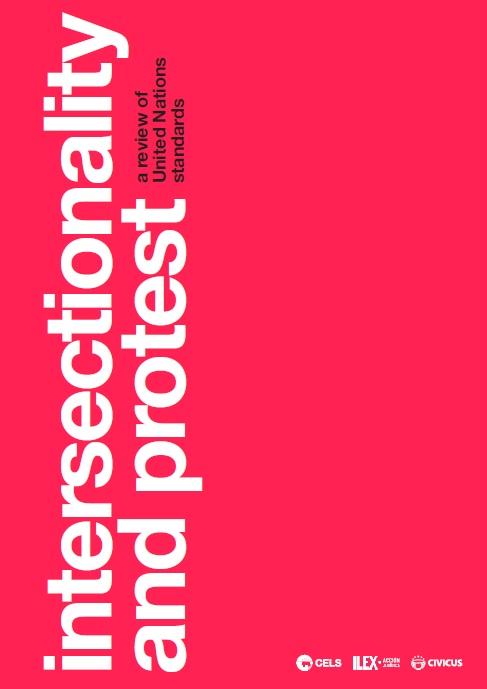
Intersectionality and protest
A review of United Nations standards.

16 pages
25 February 2025


A review of United Nations standards.


Over the past year, month by month, the government—operating with minimal political or judicial oversight—has systematically dismantled the vision of an egalitarian nation. Key pillars of its policies include the transfer of wealth to affluent sectors, the erosion of civic space, the enforcement of social conformity, and unchecked surveillance.


Since the beginning of Milei’s government, it has become increasingly difficult to participate in public spaces and the digital sphere, to express oneself, or to influence debates and public policies without facing various risks. In this publication, we present the main measures taken over the past 10 months, which have raised concerns both nationally and internationally.

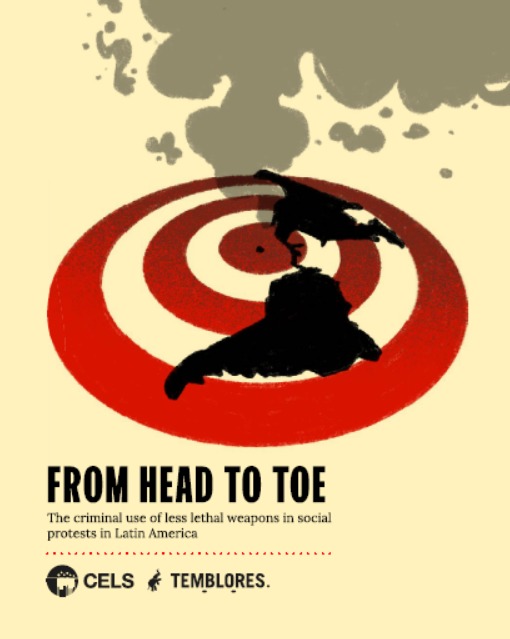
From Temblores and CELS we prepared this special report that includes key information, data, complementary material and recommendations. The objective is to contribute to the debate about how and when they can be used.

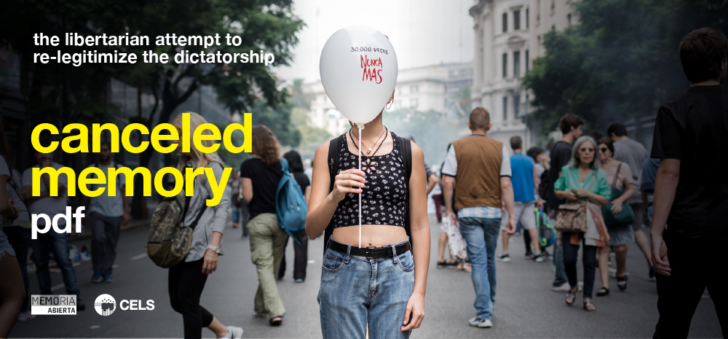
CELS and Memoria Abierta have prepared a new special report where we offer five highlights of the argentine government decision to re-legitimitate of state terrorism.

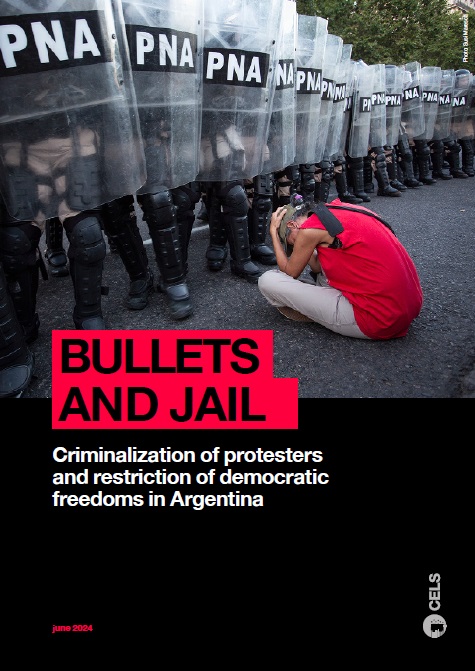
In the past six months, protesting in Argentina has become a crime. Those who take to the streets to demonstrate risk being victims of repression, arbitrary detentions, imprisonment, and serious charges. Police violence is not investigated. In Buenos Aires alone, 665 people have suffered injuries—including vision loss—and 80 people have been detained. We have prepared this special report analyzing the various policies and strategies of Milei’s government to discourage, obstruct, and harass those who want to protest in the streets.

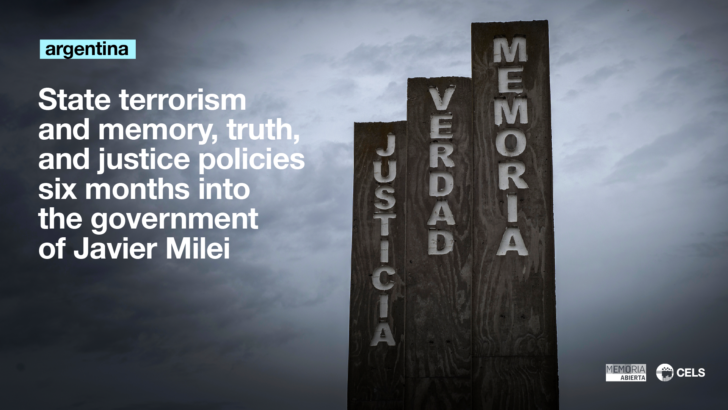
The policy of memory, truth, and justice is affected by a combination of general budget cuts and the defunding and/or hollowing out of structures and denialism positions regarding crimes against humanity committed by the Armed Forces during the last dictatorship.

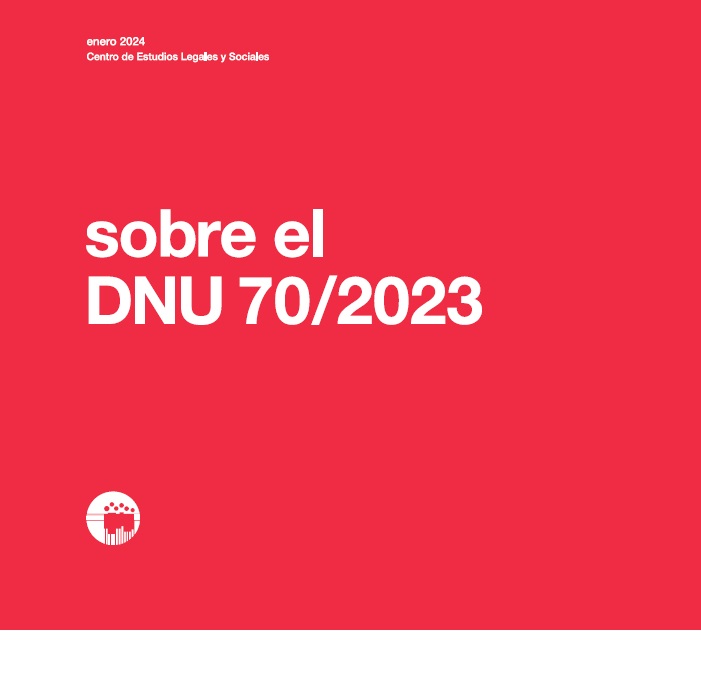
We have compiled a document highlighting international human rights standards, enshrined in the Argentine Constitution, which are not upheld in the president’s DNU 70/23. This material, submitted to Congress as a contribution to legislative efforts, serves as a guide to the declarations, conventions, principles, and observations within the international system pertaining to the rights impacted by the DNU.

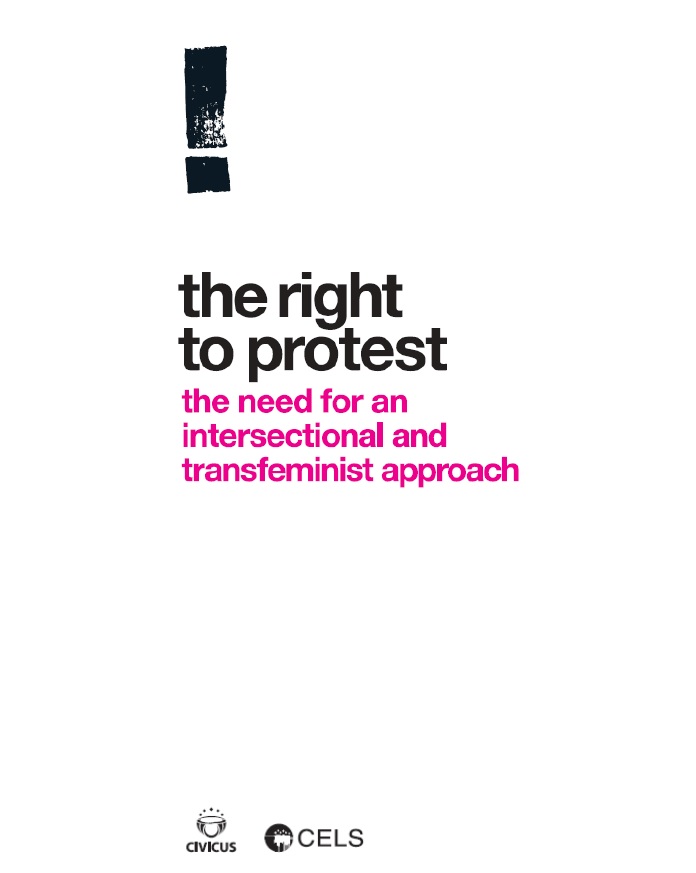
In Latin America there have been numerous violations of the rights of women and LGBT+ people in the context of protests, which affect their ability to exercise their right to expression, assembly and demonstration, as well as the exercise of their role as defenders of human rights.

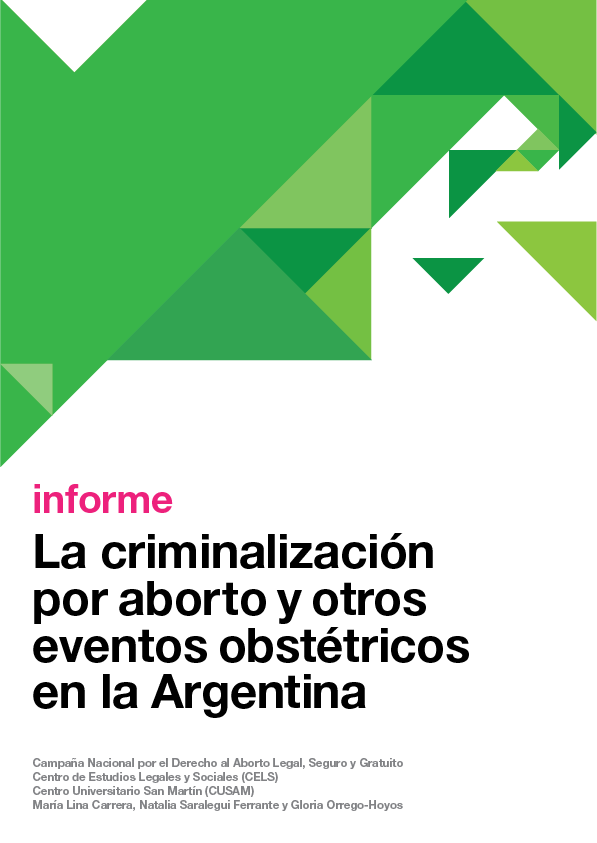
We discovered 825 criminal cases filed for abortions and 37 more for possible obstetric events between 2012 and 2020, in twelve jurisdictions.

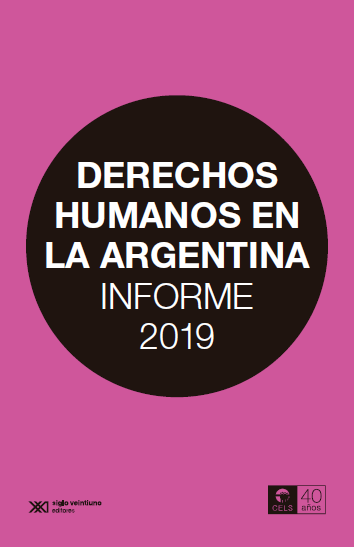
In 2019, CELS is celebrating 40 years in existence. Over the course of recent decades, we have built human rights as a horizon and as an approach. As a horizon, it guides our actions: the promotion of modes of social organization that protect life and integrity and ensure the full exercise of economic, social, cultural … Continued

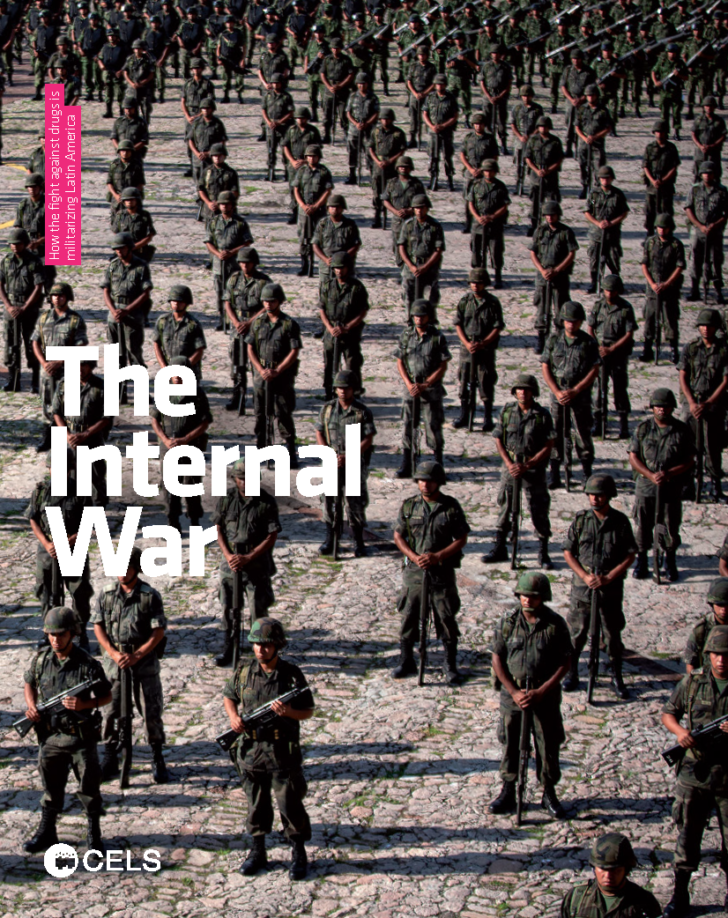
How and why is the region militarizing? What is the role of the United States? What is changing in the way police and military forces are trained and equipped? This publication contributes specific data to analyze the extent to which the doctrine of “new threats” affects security policies and has negative consequences for human rights.

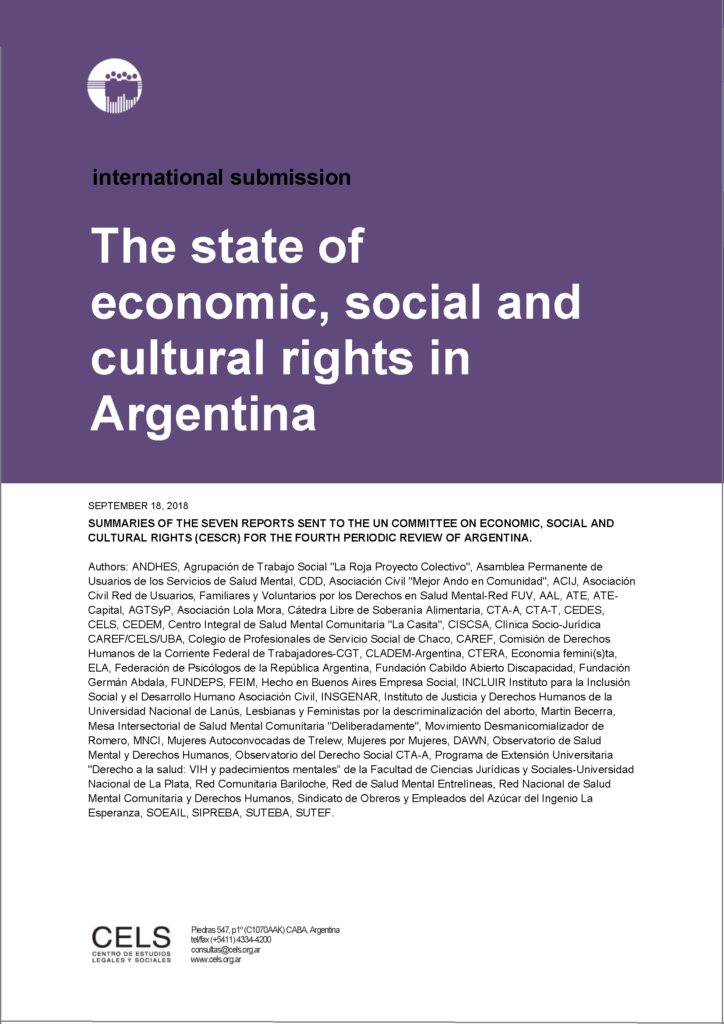
This document compiles the information sent to the UN committee evaluating Argentina’s compliance with its obligations under the International Covenant on Economic, Social and Cultural Rights. In a context of economic crisis, fiscal adjustment and preexisting structural limitations, the outlook is worrisome.

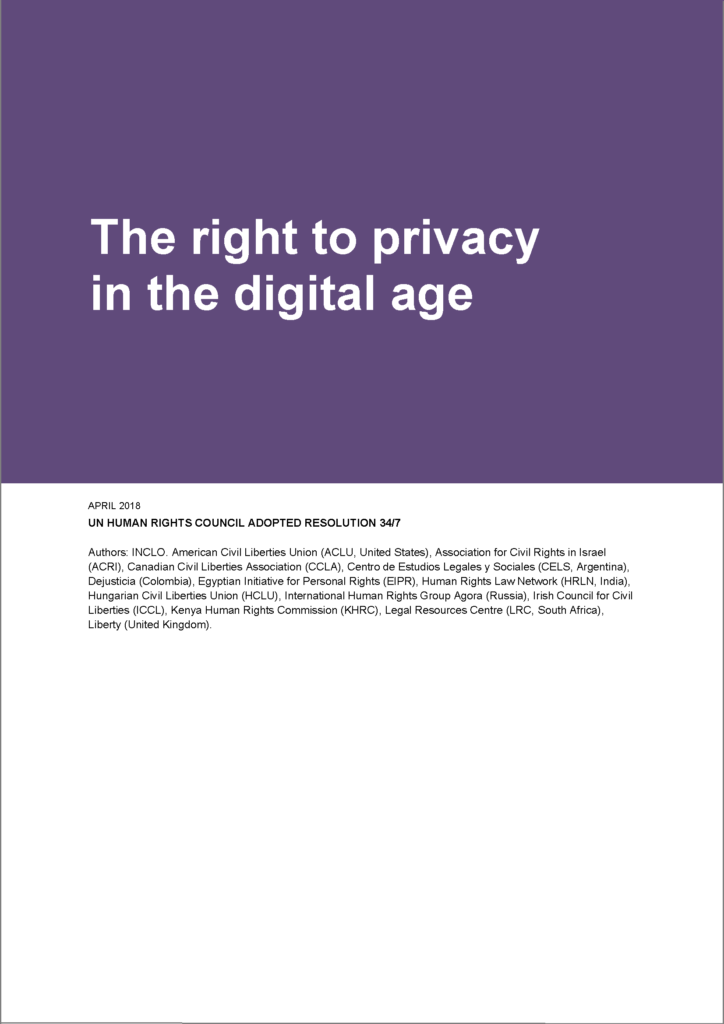
The International Network of Civil Liberties Organizations (INCLO) submitted its reflections on the challenges posed by privacy in the digital age to the UN Human Rights Committee.

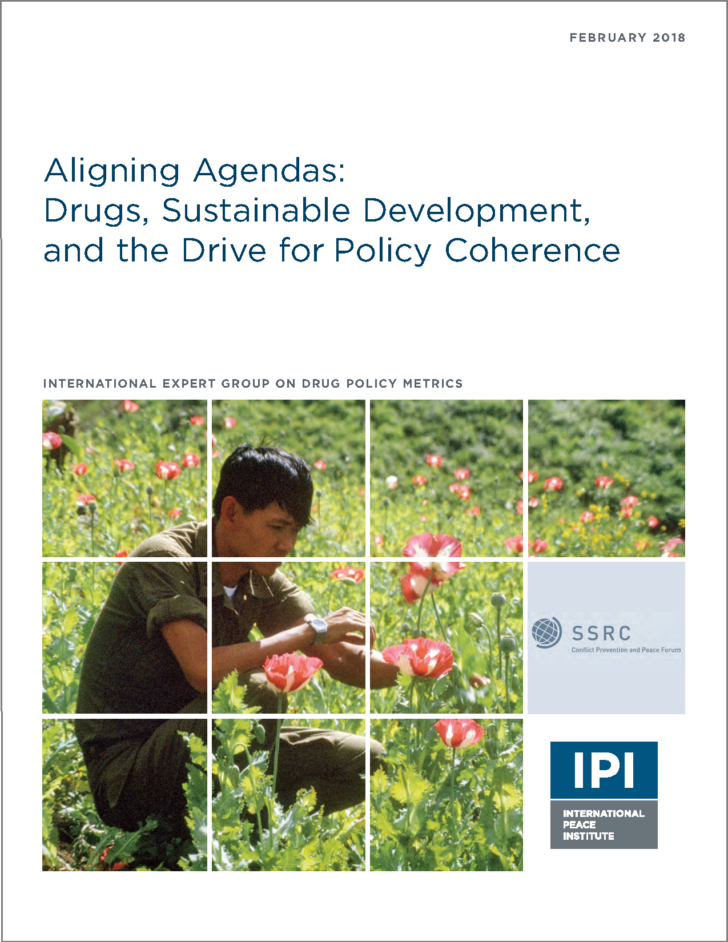
This report makes recommendations to the United Nations, its member states and the drug policy community on aligning the metrics used to measure drug policy impact with the UN’s Sustainable Development Goals (SDGs).

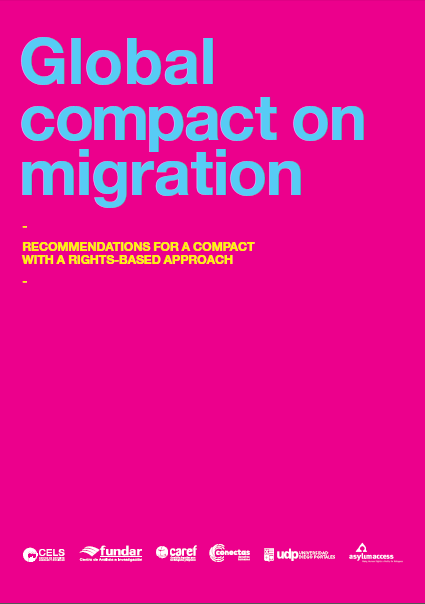
In the coming months, UN member states will negotiate the Global Compact on migration. CELS and five other organizations present concrete measures that the Compact should include to guarantee migrants’ rights.
